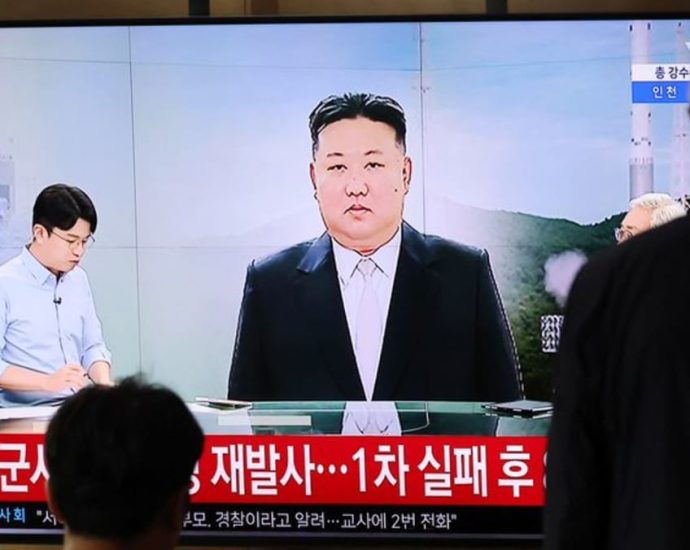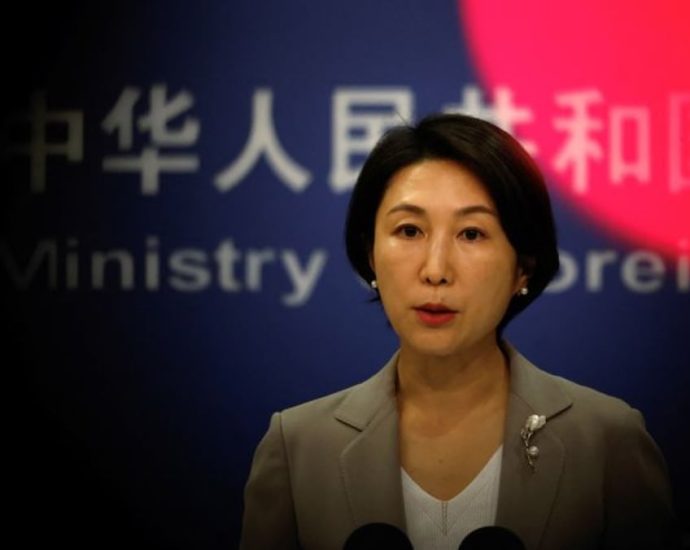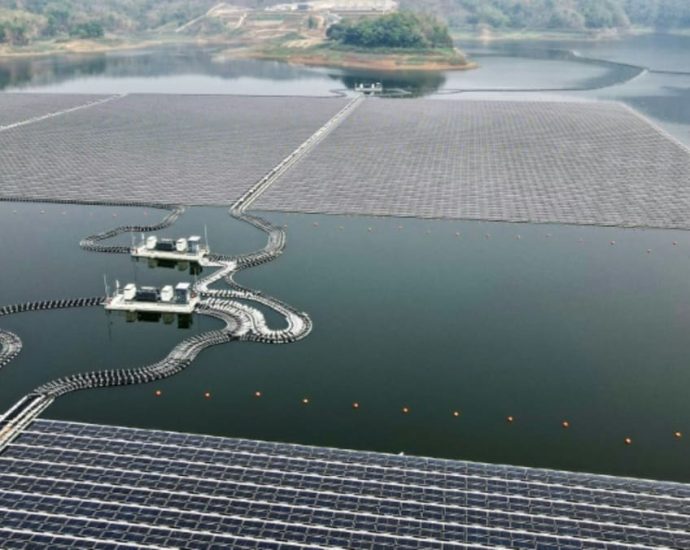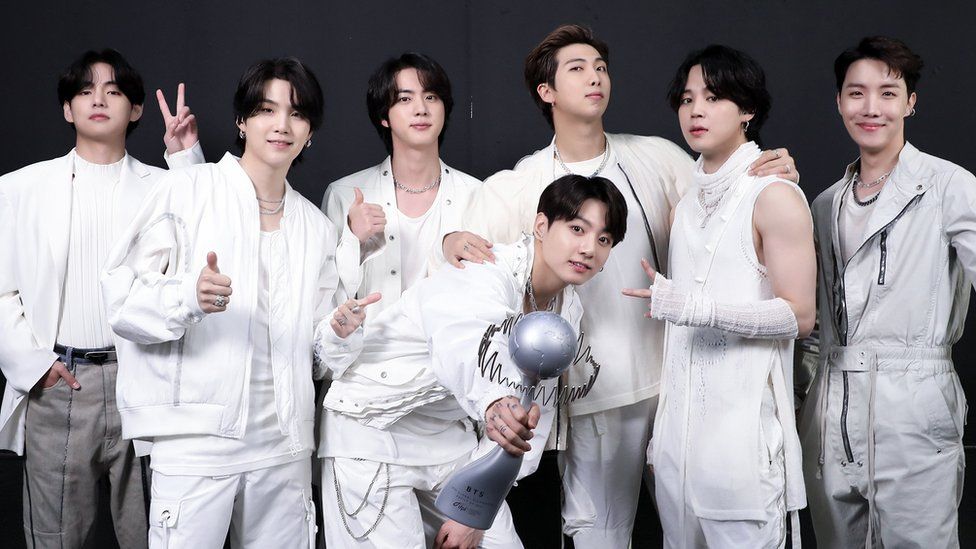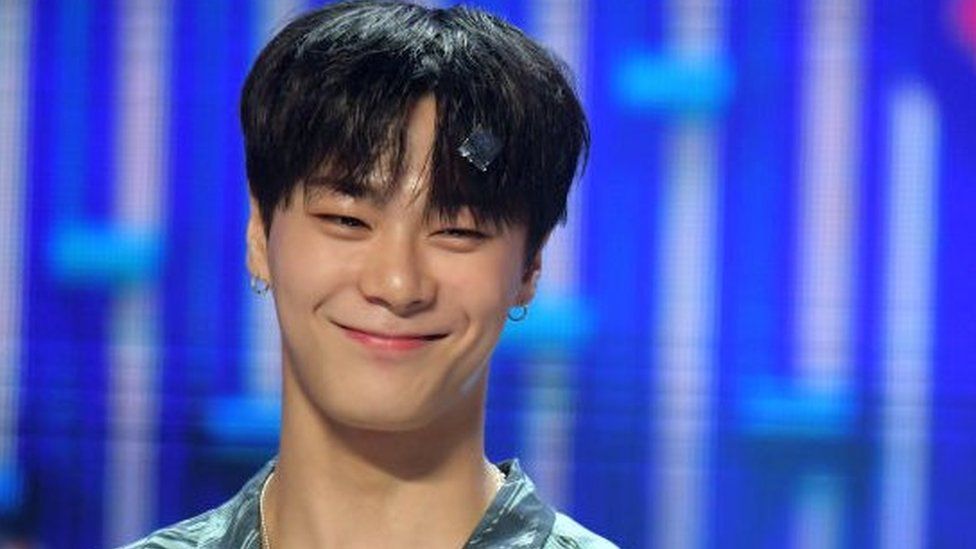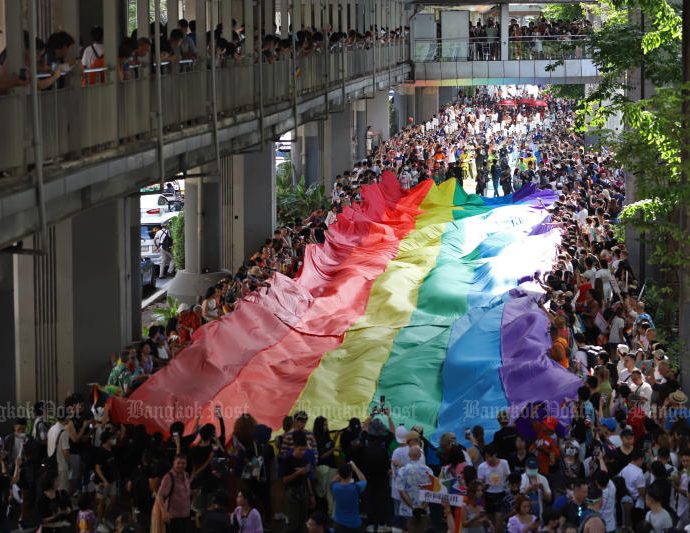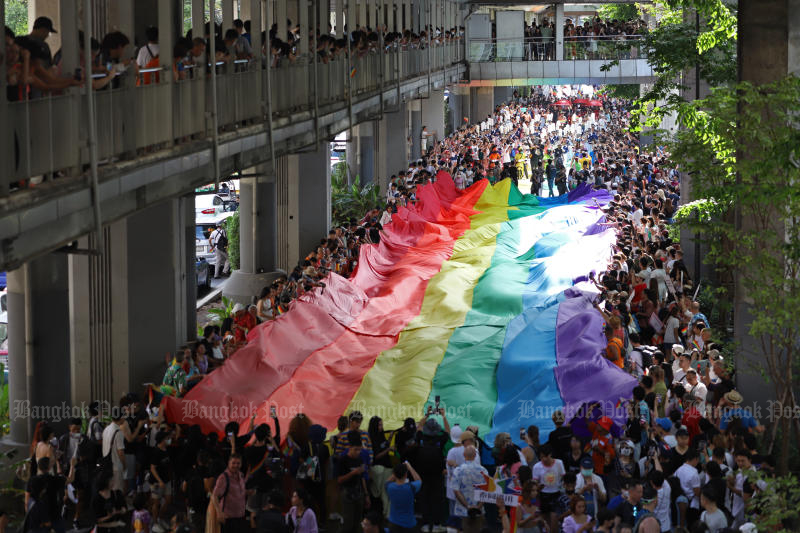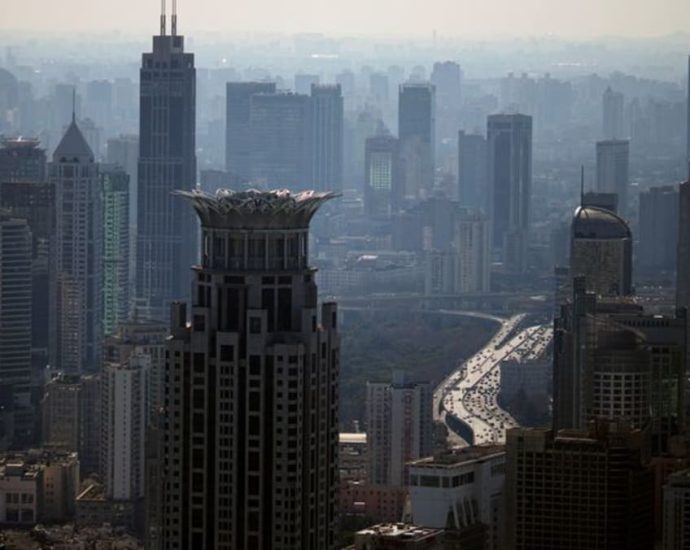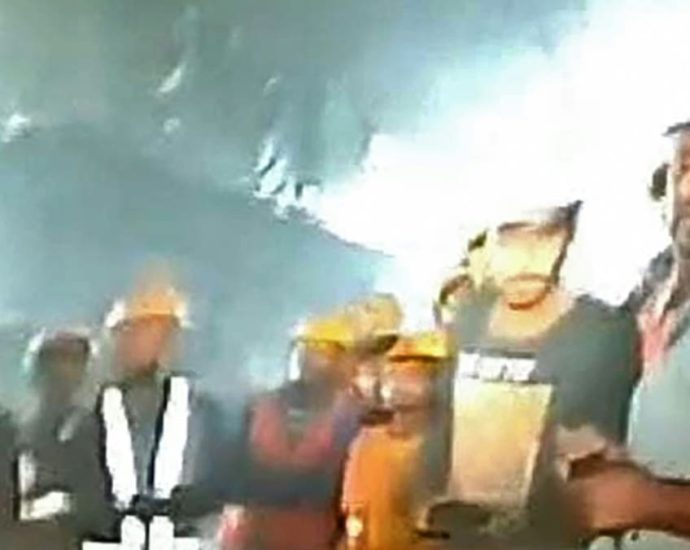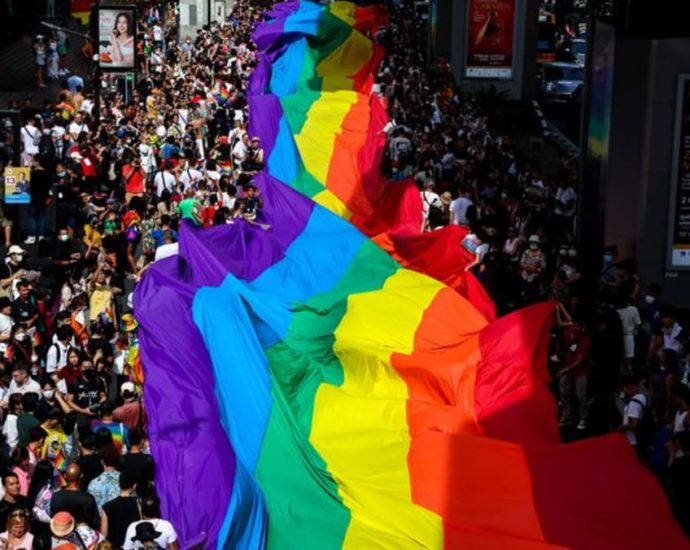Two blockchain firms to be added to MASâ licensing list | FinanceAsia

Two crypto firms have recently announced that they have obtained in-principle approval (IPA) from the Monetary Authority of Singapore (MAS) to provide digital asset-related offerings compliant with the watchdog’s requirements.
Through the licensing scheme under the city state’s Payment Services Act, MAS regulates seven types of payment services, including account issuance, domestic money transfer, cross-border money transfer, merchant acquisition, e-money issuance, digital payment tokens and money-changing.
Singapore-headquartered StraitsX acquired its licence as a major payment institution (MPI) for digital payment token services, while Taiwan-based XREX’s Singapore entity received approval covering six service categories except for money-changing services.
Upon receiving the licence, StraitsX will focus on issuing two single-currency pegged stablecoins (SCS) that are 1-1 pegged to Singapore dollars (XSGD) and US dollars (XUSD), respectively.
XSGD is currently available for minting and redemption via StraitsX’s platform, while XUSD is under development and will be released to the public in the near future, FinanceAsia has learned..
“The in-principle approval from the MAS allows us to demonstrate compliance with the regulatory framework for stablecoin issuance,” Kenny Chan, head of StraitsX, said.
“We see potential in single-currency pegged stablecoins as a credible and reliable medium to facilitate innovations in payment transactions both domestically and across borders,” he added.
Citing the purpose bound money (PBM) testing led by MAS as an example, Chan emphasised the programmability and interoperability of stablecoin-powered payment solutions and explored use cases, including programmable rewards and escrow arrangements for online commerce.
“Stablecoins play a significant role in the digital asset ecosystem as they frequently form the bridge to the fiat leg of a transaction,” said Etelka Bogardi, Asia head of fintech and financial services regulatory, partner at Norton Rose Fulbright.
“It was therefore important to safeguard financial stability and consumer protection in this space.”
She added that as one of the frontrunners in stablecoin regulation, Singapore’s licencing regime has introduced important safeguards through reserve management and redemption mechanics requirements.
The MAS is also expected to introduce a regulatory framework under the Payment Services Act, which will be dedicated to stablecoin-related issuance and intermediation activities. The framework is set to be finalised in Augustafter a public consultation which started in October 2022.
“We believe that the regulatory clarity provided in the finalised framework, as well as Singapore’s position as a trusted hub for global business will provide a strong foundation for the issuance of stablecoins pegged to other G10 currencies,” Chan remarked.
Blockchain benefit
XREX’s business focusses on blockchain-based cross-border payment technology. The Taiwan-based team will useXREX Singapore as their Asia Pacific (Apac) headquarters, and look to expand its payment product that supports fiats, stablecoins and cryptocurrencies in the region.
Christopher Chye, chief executive officer (CEO) at XREX Singapore, told FA that the approval process took approximately two years’ , which he referred to as “hard fought” in a company press release. The team is looking to elevate the in-principle approval to a full licence over the next six months, he added.
“Blockchain technology has the potential to decimate transaction fees, facilitate atomic settlement and enable programmable money,” he said.
Moreover, he addted that “stablecoins are particularly well-positioned to bring respite to illiquidity issues, and we look forward to acquiescing our customers and prospects to the use of stablecoins in the imminent future.”
The XREX Group team claims to be the only digital asset player approved by both Singaporean and Taiwanese regulators to provide virtual asset services, according to the note.
Chye said that the compliance team has been studying the licensing regime formalised in the United Arab Emirates (UAE) and closely following regulatory developments in Hong Kong.
“Singapore boasts a progressive and robust regulatory framework, offering our users the clarity and confidence they need to access digital assets and use stablecoins,” said XREX Group and XREX Singapore head of compliance, Nick Chang, in the statement.
Chye added: “We feel optimistic about the regulatory developments across various jurisdictions and the attention central banks have afforded to this. Clear, reasonable, and practical regulations are crucial for the development of the blockchain industry.”
¬ Haymarket Media Limited. All rights reserved.


